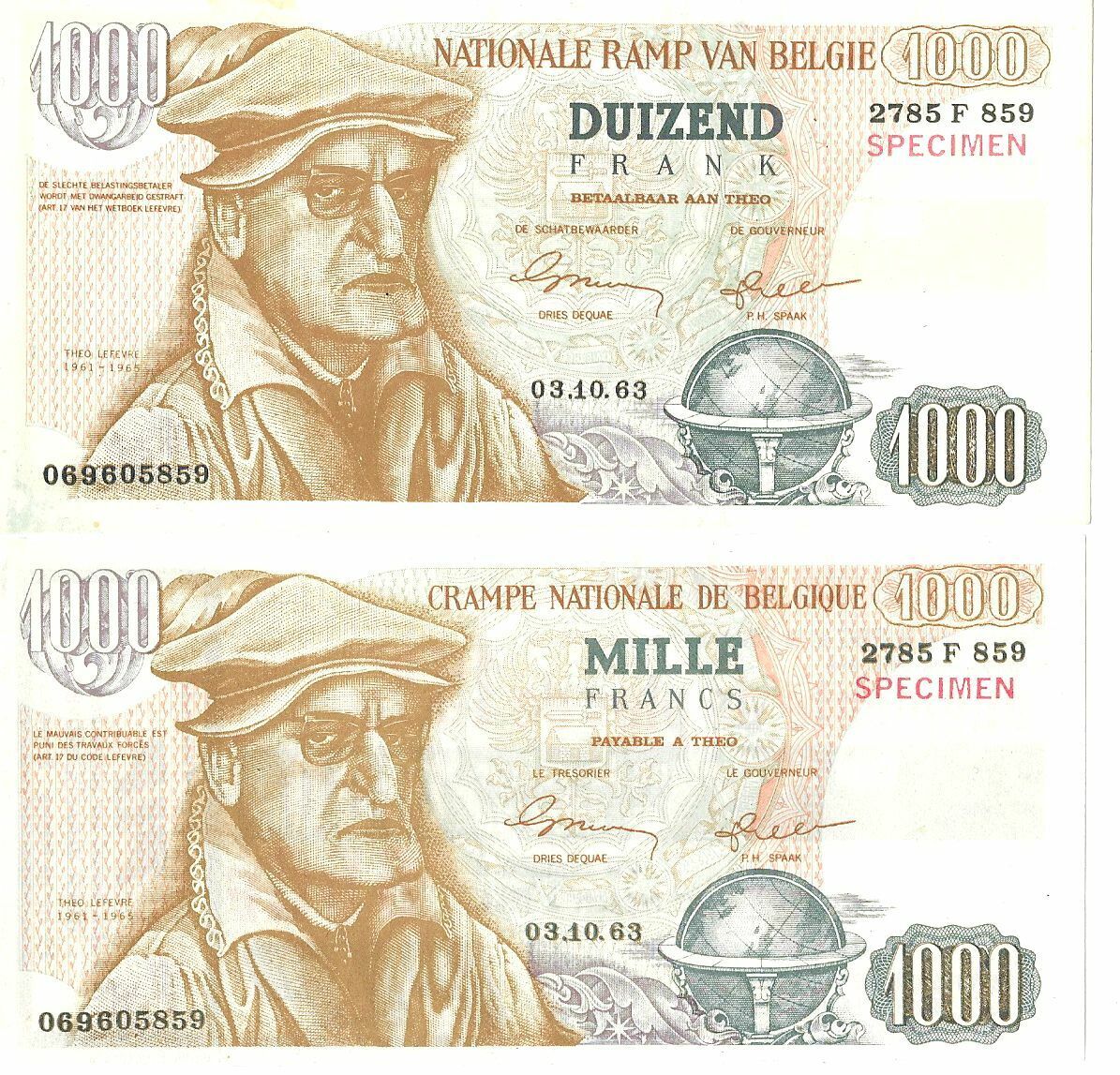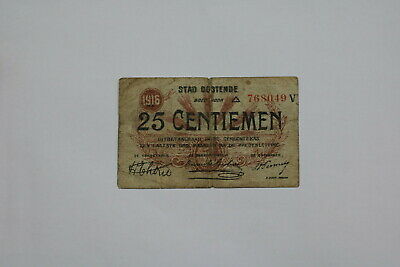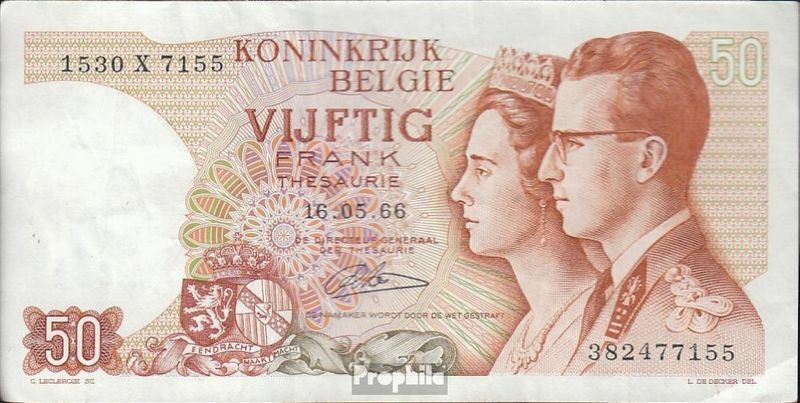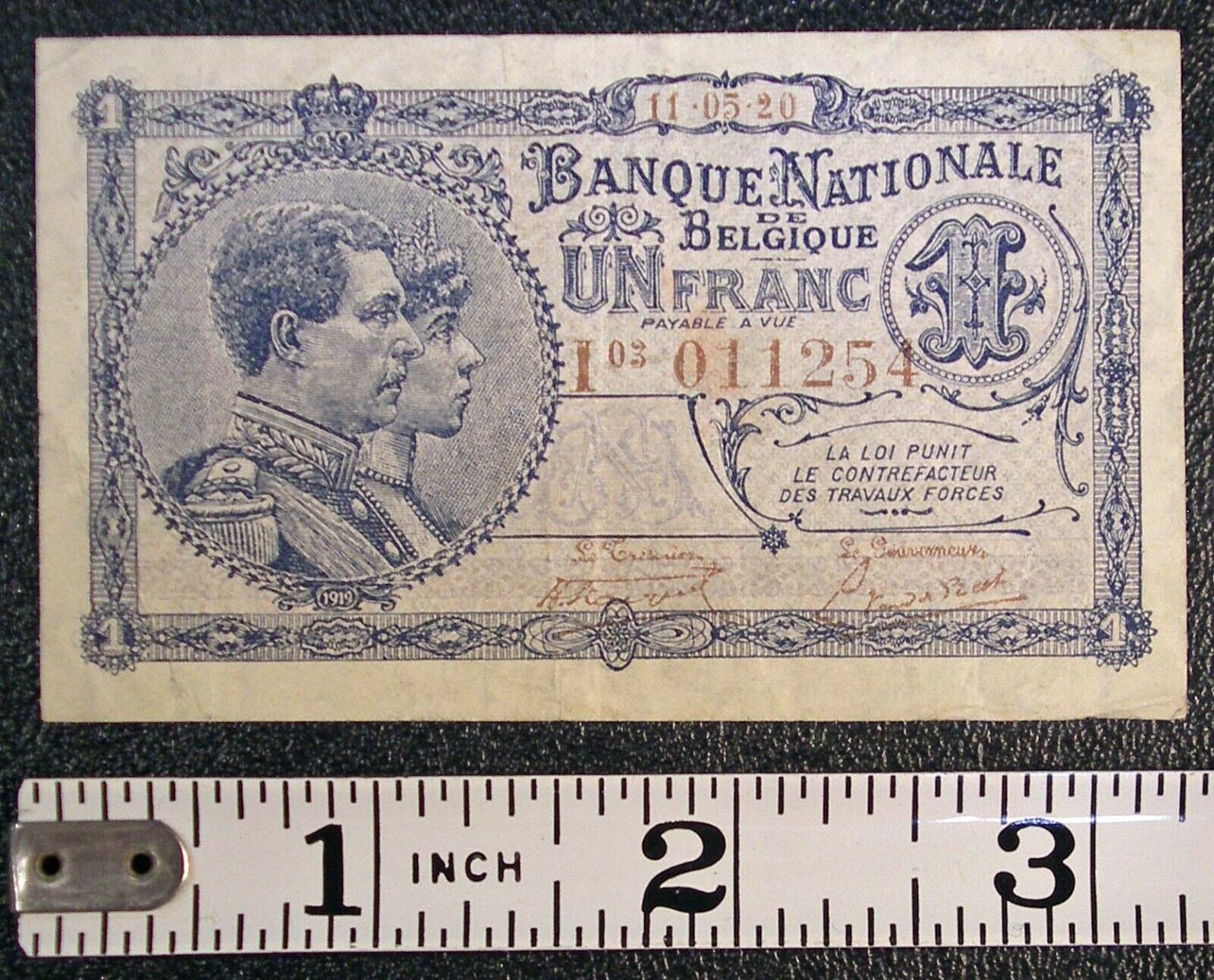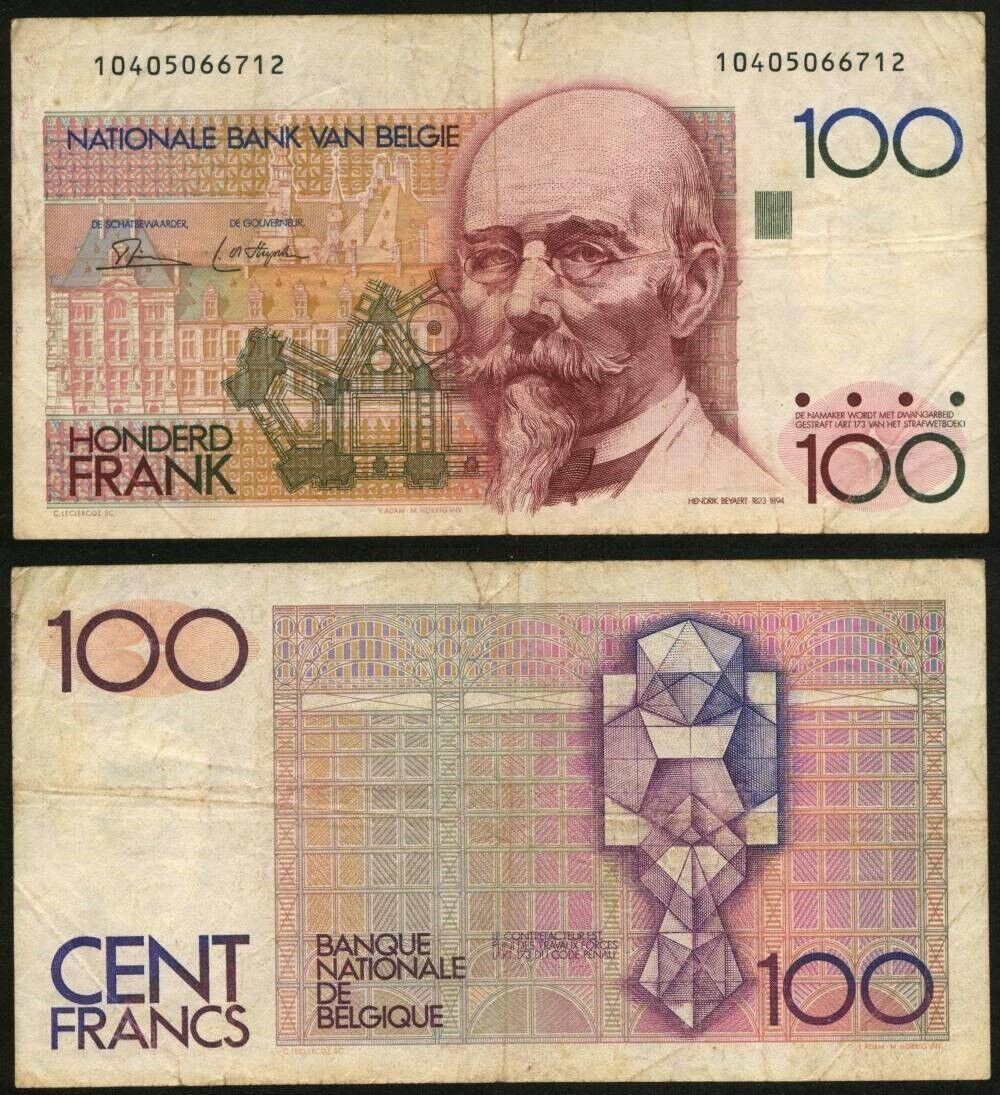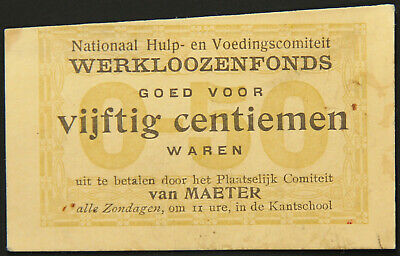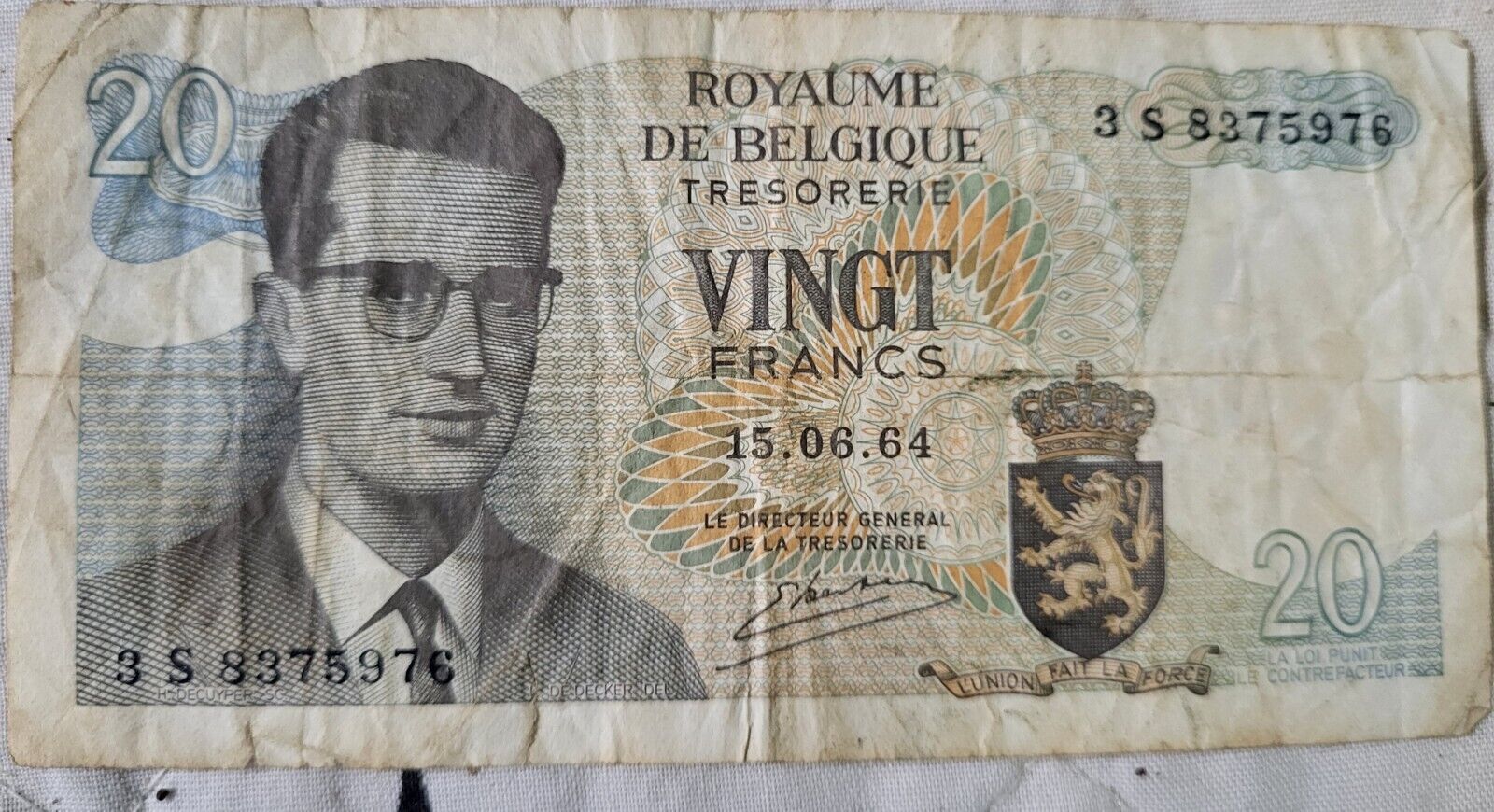-40%
BELGIUM 1963 1000 FRANC "SPECIMEN" w NEGATIVE CAMPAIGN AD vs "MONKEY BOY"! READ!
$ 31.65
- Description
- Size Guide
Description
BUY NOW PRICE IS FOR ONE NOTE. SHIPPING ISFREE
ON 2ND NOTE.
POLITICAL PROPAGANDA CURRENCY OPPOSING
THE "MONKEY BOY" PRIME MINISTER OF BELGIUM
These are 2 of the most fascinating - and rare - banknotes in our collection! They are easily confused with regular issue 1960's 1000 Franc (French) and Duizend Frank (Dutch/Flemish) notes depicting the famed Flemish cartographe
r
Gerardus Mercator. But, upon closer examination, you'll note the following differences:
The portrait is that of Theo Lefevre, the then Prime Minister of Belgium,
not
Mercator!
The note has a red "SPECIMEN" overprint at the top right.
"The Bank of Belgium" is replaced with the "Cramp" of Belgium in Dutch or French.
You'll definitely know where all this is headed when you look at the back upon which is printed an anti-Lefevre
campaign ad "calculating" the depreciation of 1000 Francs to only 850 Francs and encouraging a vote for his
opponent.
These notes, one in French and one in Dutch, would be remarkable in and of themselves. But there is a
backstory to them that explains why it was so easy for his political enemies to ridicule the prime minister -
he
was raised by monkeys!!
Read the biography below for the rest of the story!
You might be persuaded to
buy these 2 rarities. But even if you don't, perhaps you've learned something new.
Théodore Lefèvre was the 39
th
Prime Minister of Belgium and enjoyed a successful political career until his death in 1973. His political know-how and influence is all the more impressive considering his remarkably unusual childhood.
Lefèvre was born in Ghent on 17
th
January 1914, his father, Guillaume Lefèvre, was a diplomat and had recently returned from the post of ambassador to Romania due to the uncertainty leading up to the start of WW1. After the war ended Guillaume took up a post in the then Belgian colony Senegal; where the academically gifted Théodore was taught privately by a team of tutors.
In 1921, when Lefèvre was 7 years old, fighting broke out in the nearby city of Ziguinchor and the family were forced to flee to Gambia, however during the journey their party was attacked and both of Lefèvre’s parents were killed. Assuming Lefèvre had also been killed, and owing to the instability in the area, there was no major search operation and the matter was considered closed.
However, nine years later, villagers from a small settlement in the region trapped a 16 year old boy they had caught stealing food. He was completely naked, didn’t seem to be able to speak or understand them and was obviously of European descent. His climbing ability and style led to the belief that he had been raised by monkeys (although fairly rare, cases of feral children had been well documented in the area) and earned him the title ‘The monkey boy of Casamance’.
Over the next few months he quickly learned commands in the local dialect, however it wasn’t until he was exposed to French during his examination by Belgian doctors that he first spoke (apparently reaching for a glass of milk and saying ‘lait’). It didn’t take long to identify him as Théodore and his uncle, Adrien Lefèvre, arranged for him to be treated in a hospital in Brussels.
Once back in Belgium and in the care of his extended family Lefèvre’s progress was remarkable; within just a few months he had started talking again and had even started to re-learn to read and write. After one year he left the hospital into the care of his uncle who organized for a team of doctors and tutors to devote themselves to his development round the clock. Within three years (by the age of 20) he had, amazingly, managed to completely re-integrate into society, the only after effects of his ordeal being an underdeveloped education and occasional bouts of depression. Driven by a desire to fit in with his peers, and finding comfort in the routine of study, Lefèvre’s academic progress was rapid and in 1937, at the age of 23, he began studying law at Leuven University. Just 2 months after he graduated, however, the Second World War broke out.
Lefèvre signed up to the army in 1940 and his survival skills, discipline and confidence meant that he quickly climbed the ranks becoming a Major General shortly before the war ended in 1945. After the war he was offered a position as a lawyer at the Ghent court of justice before quickly becoming a deputy of the Belgian parliament for the Christian Social Party.
In 1957 he became party leader, and then on 25 April 1961 he was elected Prime Minister (as part of a coalition with the Socialist candidate Paul-Henri Spaak) a position he held for four years until 28 July 1965. Lefèvre continued to work in politics until his death in 1973.
